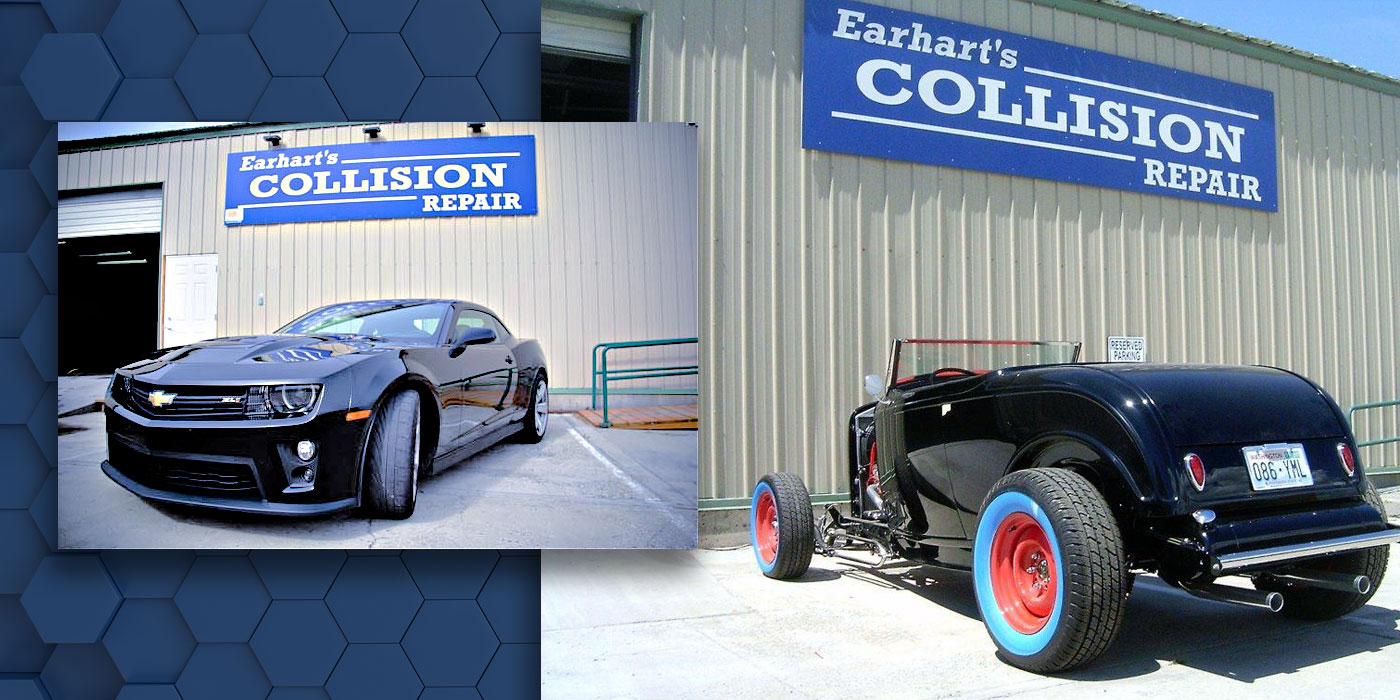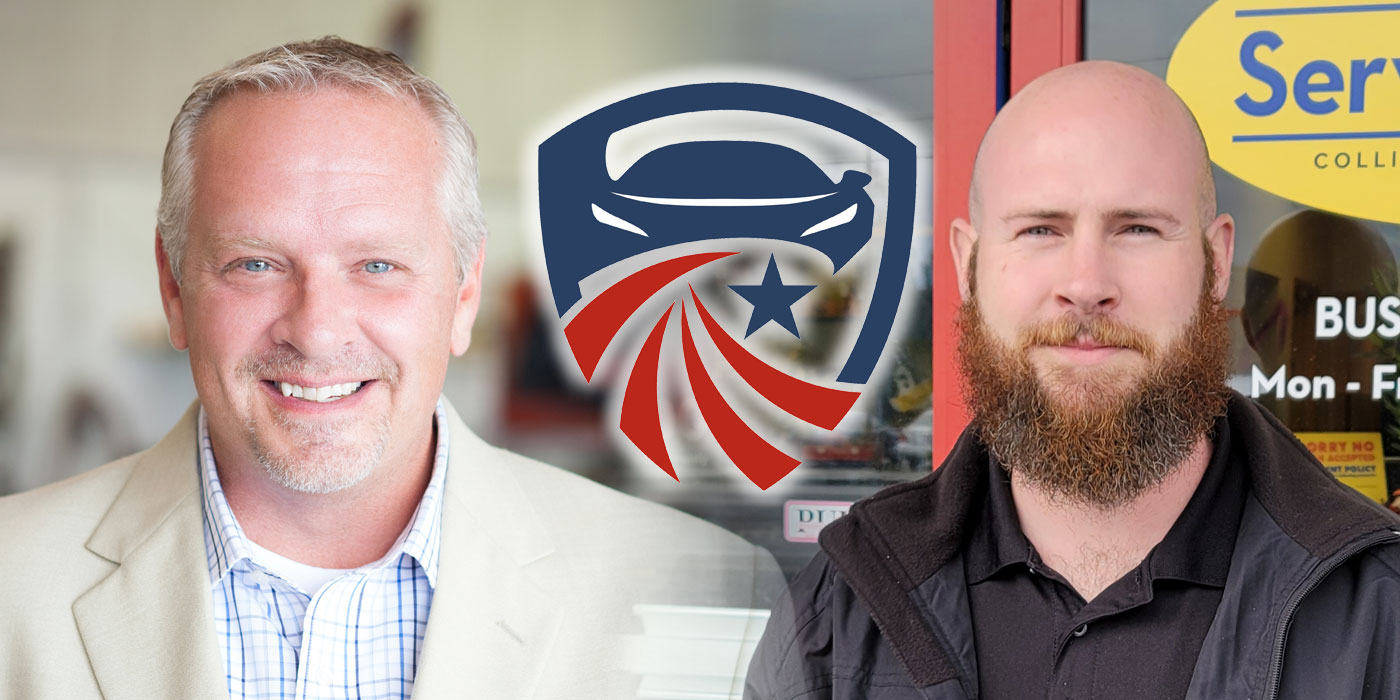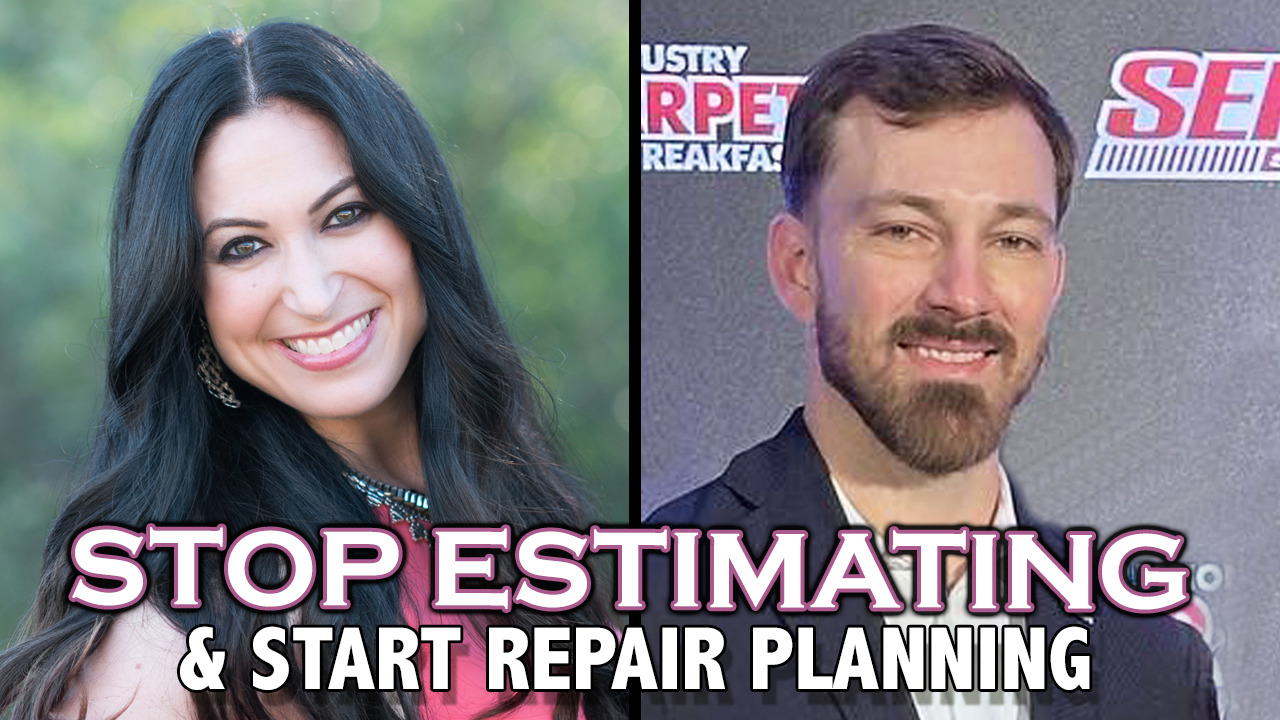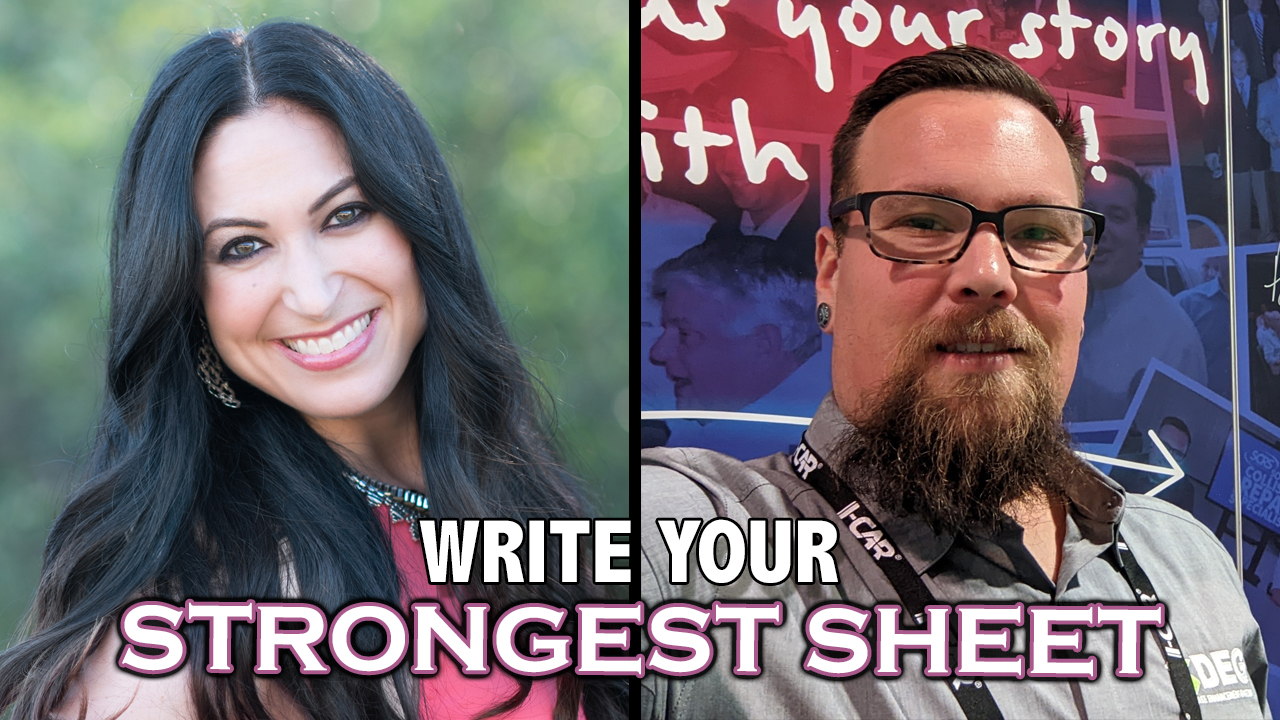I’m looking into becoming an estimator in a high-production body shop. I’m pretty green as far as being in a body shop, but I do have experience working for an insurance company that handled DRPs. Are there any tips you could give me to help me in my decision?
Question answered by Cam Mashburn, owner, Mashburn’s Collision Center in Lawrenceburg, Tenn.
You’re certainly off to a head start by being familiar with the job after having worked for an insurance company.
One of the main challenges estimators face today is balancing insurance guidelines with making sure your technicians get paid a fair amount. Coming from the insurance sector, you might need to retrain your mindset. Instead of writing estimates that pay the bare minimum, you’ll be writing estimates in an attempt to get every penny available.
Estimating for a high-volume shop can be overwhelming. Not only do you have to focus on writing an accurate estimate that meets both insurance and shop standards, you must sell the job to the customer. As an estimator, you are the customer’s liaison during the entire repair process. In other words, you’re going to need good customer service skills. It’s going to be up to you to make sure the customer and the insurance adjuster are satisfied.
As a shop owner and manager, I still love to write estimates. It’s rewarding to reassure a customer that their vehicle will look new again and then see them smile once you’ve delivered on that promise. However, you’re not going to please everyone, and those people will be the ones who test your skills.
If you excel under pressure and enjoy working with the public, being an estimator may be right up your alley.
More information:













